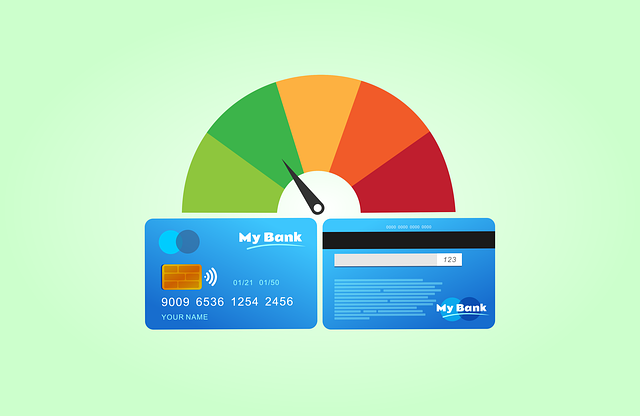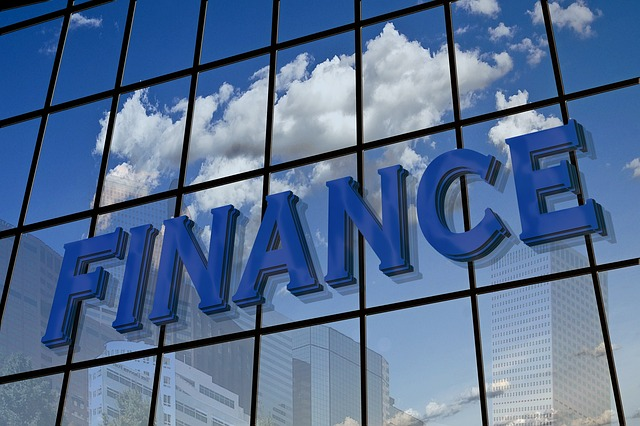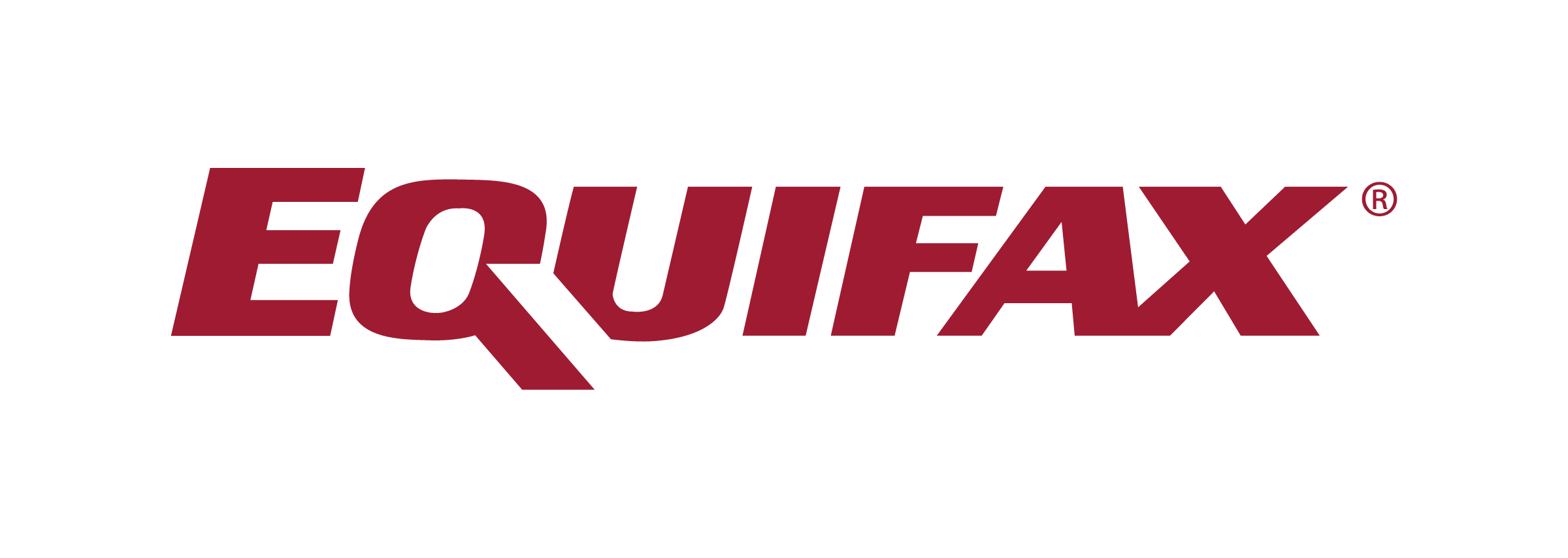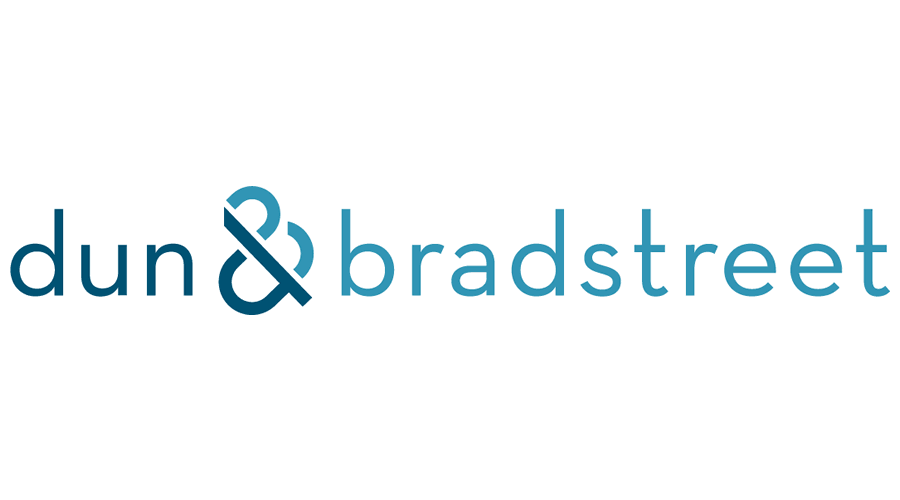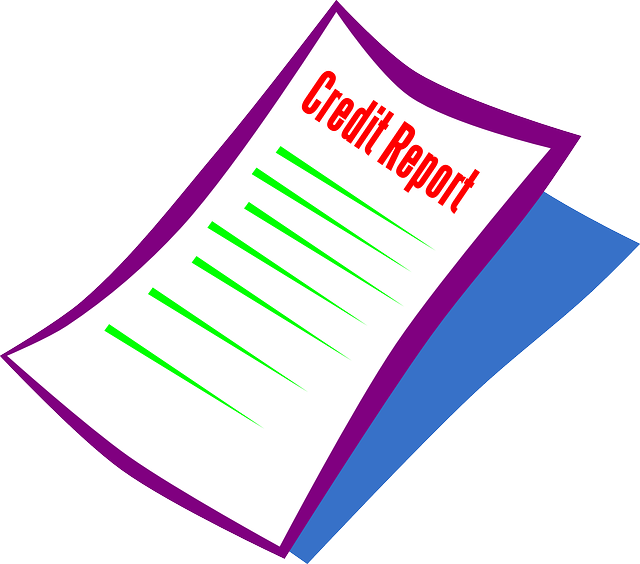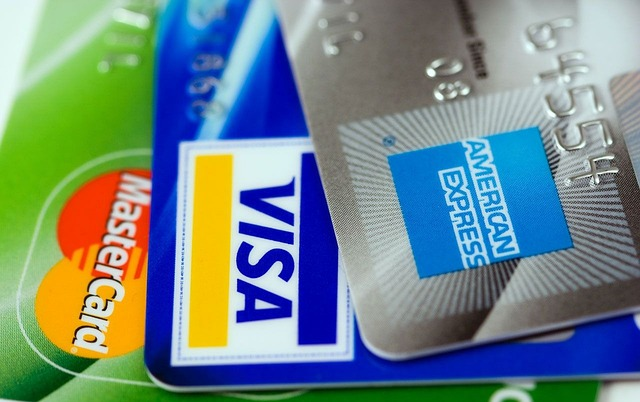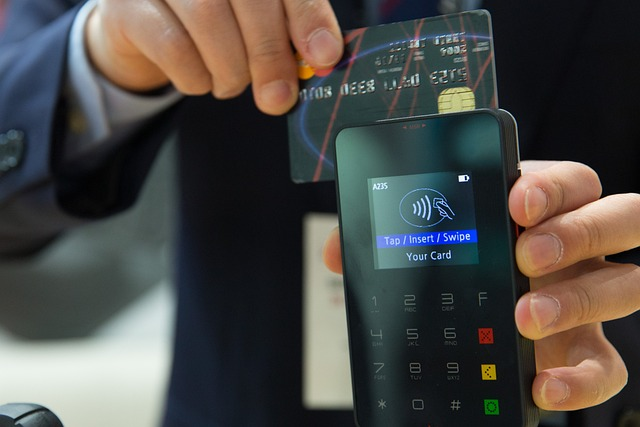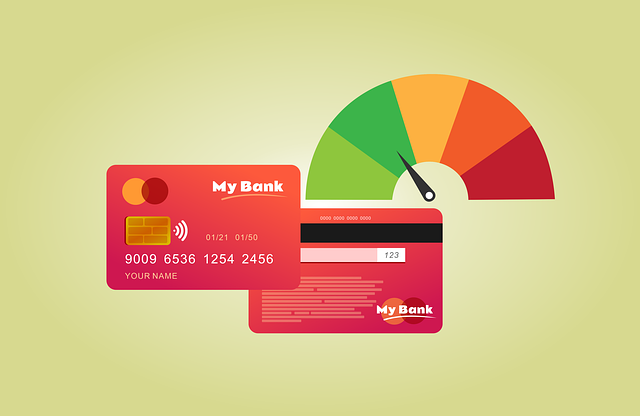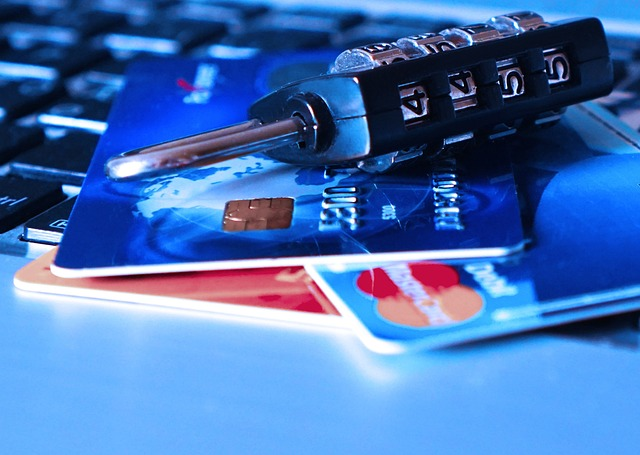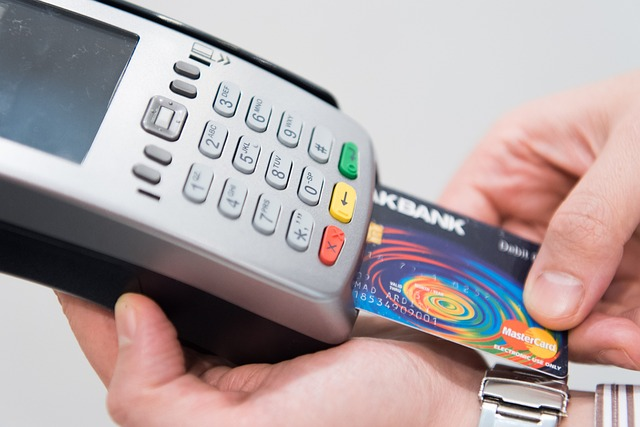What is Business Credit?
Your business credit profile contains publicly available information about your company, including payment history, credit scores, and ratings. There are several business credit bureaus, each setting different scores and ratings.
Companies you do business with, such as insurance companies, suppliers, and lenders, will often check your credit report. Your customers or clients might also look at your credit report in some business-to-business companies.
Business credit scores determine your ability to borrow money and your purchasing power. Securing financing to power business growth can be a significant advantage or disadvantage.
What are the major business credit bureaus?
There are several companies that report credit, but the three major business credit bureaus are Experian, Equifax, and Dun & Bradstreet.
Experian Business
Experian Business is the commercial side of the consumer credit bureau. Unlike personal credit scores, the Experian Business credit score range is 1-100.
The higher your score, the lower your company’s perceived risk. Most lenders look for a minimum score of 60.
Equifax Small Business
Equifax’s Business score ranges are between 1-100, with 90-100, meaning the company makes timely payments.
Dun & Bradstreet
Dun & Bradstreet is a business credit bureau that only focuses on business and doesn’t have a consumer-facing side. The company uses multiple scoring indexes to give lenders and vendors a complete picture of a business’s ability to repay debt.
The D&B PAYDEX® Score is a scale of 1-100 and measures a company’s previous payment history. Scores between 80 and 100 indicate a low risk of late payment, while anything under 50 indicates a high risk.
The D&B Delinquency Predictor Score (DPS) measures the likelihood of a company becoming delinquent on payments. 1 means a low risk, while 5 indicates a high risk. The D&B Failure Score® also uses a 1-5 scale but measures the likelihood of a business facing financial stress, such as going bankrupt with a 12-month outlook.
Additional D&B scores include:
Supplier Evaluation Risk (SER) Rating: measures the risk involved with companies seeking to join the supply chain. The score is on a scale of 1-9, with 1 being low-risk and 9 being the highest risk.
Maximum Credit Recommendation: creates a guide for companies considering extending a line of credit. It analyzes a company’s size, industry, and payment history.
D&B Rating: combines a company’s size and balance sheet information to reach an overall creditworthiness rating.
Cyber Risk Rating: measures a company’s overall risk to cyber-attacks and similar risks.
Why is Business Credit important?
Establishing business credit gives your company more options and opportunities for growth, expansion, and minimizing costs. Here are some of the top reasons business credit is important.
Access to Financing
Most small businesses need financing at some point. You might need to finance new equipment, get funding for expansion or acquisition, or need working capital to power through a down period.
There are many reasons why companies need to borrow money. Most business lenders look at both your business credit and personal credit when approving and underwriting loan requests.
Some of the most advantageous loans, such as the coveted SBA loan program, require established business credit. A high business credit score lets lenders know your business is responsible and pays its debt off on time.
Lower Rates
Not only does a good credit score create access to more business financing options, but it also lowers your interest rate and fees. Lenders often set rates and fees based on their perceived risk.
A higher credit score means you’re less risky, and lenders will give you a better rate and more generous terms. Lower credit scores mean higher risk; lenders charge more to offset that risk.
Trade Credit
Many vendors that sell needed business supplies and services offer credit on net-30 terms. Companies with a high business credit score can get larger credit limits with suppliers.
Lower Insurance Premiums
Another area where a good business credit score helps is business insurance. Most insurance companies base their rates on various risk factors. Your company’s business credit is one of the risk factors they consider.
How do I establish Business Credit?
There are several key steps in creating a business credit profile for your company.
Establish a Business Entity
The first step to creating business credit is to separate your personal and business finances. Establishing your company as a legal business entity creates that barrier.
There are several ways to structure your business. Decide whether your business will be a sole proprietorship, partnership, LLC, or S-Corp.
You should also create a legal name for your business, create and use a business email address, and get a separate business phone number. These factors help establish your company as a separate entity in your credit profile. Getting a business address also helps.
Register Your Business and Get an EIN
You should register your business with the state and get an Employer Identification Number (EIN), also called a tax ID. Just as your social security number is the identifying factor for personal credit, an EIN is your identifying factor for business credit.
An EIN is required to file your business taxes. Filing your taxes correctly and on time is necessary to avoid fines and legal trouble. While paying taxes correctly won’t improve your credit score, avoiding a tax lien will preserve it.
Get a D-U-N-S Number
You can register your business with Dun & Bradstreet and get a D-U-N-S number for free. Sometimes spelled DUNS, this unique identifier allows companies to check your business’s credit profile.
Several vendors require a D-U-N-S number when you apply for trade credit. You should get one before applying for business loans or supply credit.
Open a Business Bank Account
Opening a bank account in the business’s name helps show it is a legitimate business entity and separates your business financials from any personal banking services. Many lenders require business bank statements to analyze your financials when you apply for a loan.
Using a business bank account won’t establish or improve business credit on its own. But, it makes it easier to conduct business and engage in the activities that grow business credit.
Open a Business Credit Card or Line of Credit
After you follow the above steps to establish your business and create a credit profile, consider applying for revolving credit, whether a credit card or line of credit. Establishing a credit limit associated with your company creates a credit history.
What are the best ways to grow Business Credit?
Whether your business is new or you have an established company trying to build or repair credit, there are several ways to boost your business credit score.
Work with Companies That Report to Credit Bureaus
Unlike personal credit, vendors and lenders are not required to report the credit bureaus. It is an entirely voluntary process.
Ensure the lender reports on-time payments to credit bureaus when opening a line of credit or taking out a business loan. It’s equally important to ensure that any vendor you purchase from on credit also reports.
Open Net-30 Accounts with Vendors
As mentioned, establishing a trade credit account with vendors or suppliers can help build business credit. Most vendors that sell on credit offer net-30 accounts, especially for new businesses.
A net-30 account means you have 30 days from the date of purchase to pay the invoice. These accounts are often easier to open than other forms of business credit, and many vendors offer credit to businesses that are only 30-90 days old.
In most cases, you must purchase the supplies or services to do business anyway. This way, you can get the materials you need, improve cash flow management, and build business credit in the process.
Pay Vendors Early
The earlier you can pay vendor invoices, the better. Taking the full 30 days to pay a net-30 invoice will impact your credit less than paying early.
In addition, many vendors offer discounts for paying early. It could also help you get a higher credit limit with the vendor in the future.
Make On-Time Payments
Ensure you don’t miss payments for loans, lines of credit, business credit cards, trade credit, or even your business’s rent and utility bills. Late payments can negatively affect your business credit, even if they are just a few days past due.
Establishing a pattern of positive payment history will grow your credit profile and increase your business credit score. Making on-time payments is one of the most important steps to follow.
Keep Credit Utilization Below 30%
Your credit utilization ratio is the amount of revolving debt you carry over your available credit. For example, if you have a credit limit of $10,000 and carry a balance of $3,000, your credit utilization is 30%.
Keeping a credit utilization below 30% demonstrates that you repay your debt quickly and have the capacity to take on more debt. It also affects your monthly debt payments.
If you carry a high amount of your debt, your monthly payments will be high. That means your business won’t have the cash flow to support additional debt payments.
Monitor Your Business Credit
Keeping an eye on your business credit report allows you to track your progress and spot any mistakes. Incorrect information on your business credit profile can negatively affect your score.
Fortunately, you can dispute items on your credit report that are incorrect. You should get your credit report from each of the major bureaus to track your business credit.
Frequently Asked Questions
Here are the most common questions about building business credit.
How do I check my Business Credit score?
You can purchase your business credit report from the credit bureaus, such as Dun & Bradstreet. Unlike personal credit, the bureaus are not legally required to provide a free report each year.
Several companies also offer credit monitoring services for a fee. This could be available with the bank where you have your business account, with a vendor, or with another financial institution.
Does a personal credit score matter for Business Credit?
Your personal credit score will have the most significant impact when you are first starting out. Business credit card applications usually use your personal credit history.
However, many lenders consider your personal and business credit history when applying for a loan. This is because lenders want to know you, as the owner, are financially responsible.
Will improving a personal credit score help build Business Credit?
Your credit report and the business’s credit profile are separate entities. Improving the score on one won’t directly affect the other.
However, improving your personal credit can increase your access to business lending. Paying off business debt on time can impact both credit scores.
How long does it take to Build Business Credit?
The amount of time it takes to create a business credit file depends on various factors. There is no standard timeframe.
Several factors can impact how long it takes to build business credit. How often you use credit and how often companies report to the bureaus can affect how quickly you build your business credit profile.
Another factor that can impact your credit profile is your business’s financials. Business credit aggregates various data points, so how much information is available to the credit bureaus also plays a factor.
Improving your credit utilization ratio is one way to help improve your business credit score quickly. You can do this by paying down your existing debt or increasing your available credit.
You can request a credit increase from a supplier, credit card company, or the financial institution where you have a line of credit. You can also try to open new credit accounts.
However, you should be careful when you use this approach. New credit can negatively impact a credit score since there is usually a hard credit pull. In addition, the age of your accounts affects credit, with mature accounts improving credit scores.
Can I build Business Credit using a personal credit card for business expenses?
No, personal credit card information is only reported to the consumer credit bureaus, even if you use it for business expenses. Many small business entrepreneurs use personal credit cards when starting and getting the company going.
However, the sooner you separate personal and business finances, the better. Many business credit cards are available even when launching your company. Some offer perks and rewards unique to new business needs.
Pros & Cons of Using Personal Credit Cards for Business Expenses
Pros:
- More accessible than a business credit card.
- It can help you cover startup costs when financing isn’t available.
- Does not require a business credit history.
Cons:
- Can’t build business credit.
- High interest rates.
- Mixes business and personal finances.
How do I build Business Credit with bad personal credit?
It’s not uncommon to start a business when you have a low personal credit score. Some business owners use personal credit to launch their business, and their credit score takes a hit as a result.
Fortunately, you can begin building business credit even with a low personal credit score since they’re separate credit profiles. Some loans and lines of credit might not be available, but you should be able to open trade credit with vendors.
Unlike lenders, many vendors do not check personal credit (although some do). You could open a net-30 account with a vendor and start ordering and paying invoices to begin building credit.
Another option would be to start with a bad credit business loan. These are available as term loans, lines of credit, and more.
While bad credit business loans carry higher rates and fees, you can use this as a form of bridge financing. As you make payments, you can improve your credit score until you qualify for lower-cost funding.
What small business loans does Business Credit allow me to access?
Many lenders will consider your personal credit history when you don’t have a business credit score available. However, some lenders and loan types are only available to companies with an established business credit profile.
In particular, most SBA loans require a business credit score. The US Small Business Administration (SBA) oversees the SBA loan program and sets the rules lenders must follow.
The SBA also partially guarantees up to 85% of the loans. With backing from the government, lenders can offer higher borrowing amounts at lower interest rates and longer repayment terms. Many consider SBA loans the “gold standard” of small business financing.
Most business owners need a good to excellent personal credit score to qualify for an SBA loan. The general credit score range is 650-700.
In addition, the SBA uses the FICO® Small Business Scoring Service™ (SBSS) to analyze a company’s credit. The SBSS aggregates the personal credit scores of up to five business owners (each at least 20%), the business credit score of the company, and financial data provided on forms 1919 and 1920. SBSS scores range from 0-300, and most businesses need a score of 155 to qualify.
Building Business Credit – Final Thoughts
As a small business owner, you have a lot on your plate. Some things can slip through the cracks between managing the company’s day-to-day operations and keeping an eye on the future.
You might not think about or concern yourself with your business credit score daily. But it can be a significant factor when it’s time to request financing.
It would be best to understand how to establish and build business credit. Fortunately, the best way to grow business credit is to follow best business practices.
Paying your expenses and debt on time, maintaining consistent cash flow, and being active all help increase business credit. In addition, try to keep your credit utilization under 30% and pay your vendor trade accounts as early as possible.
Contact us if you have additional questions about business credit or want to apply for a small business loan. Our loan executives can help you find the best financing options for your credit score and business needs.


